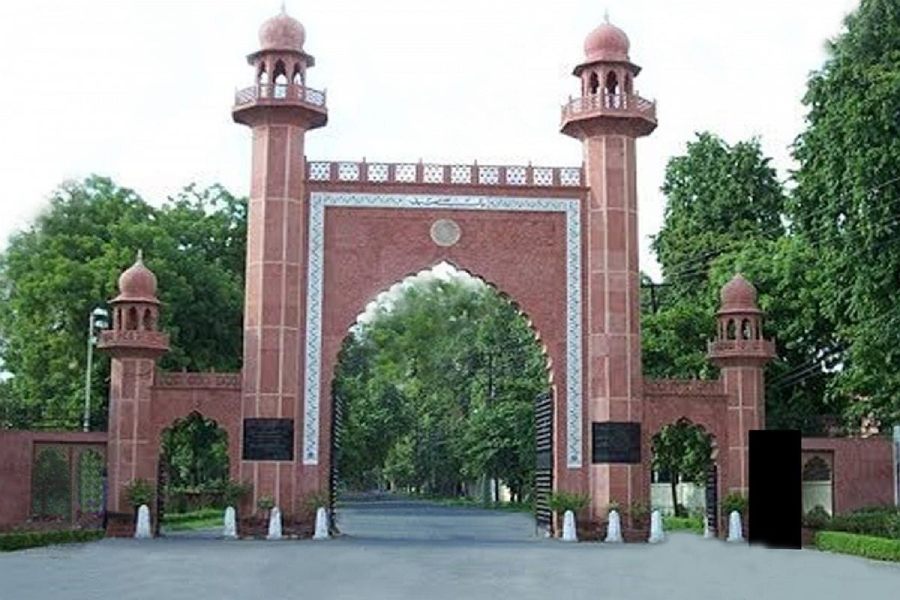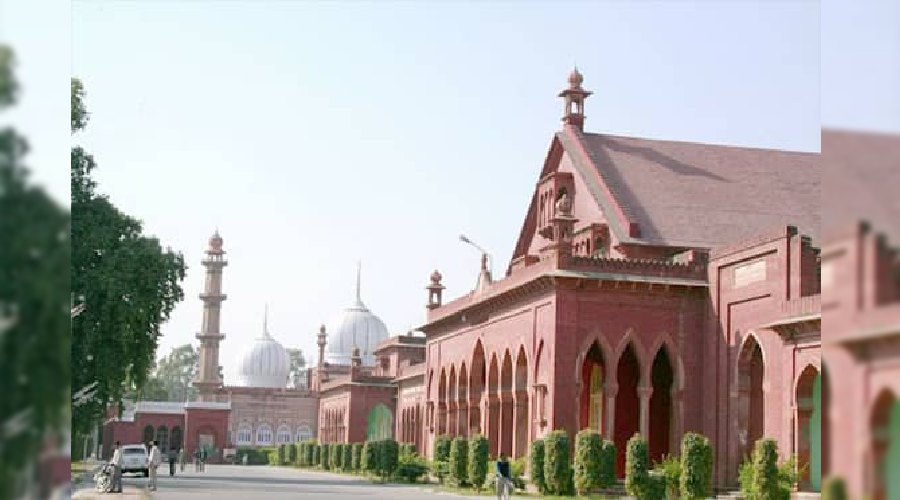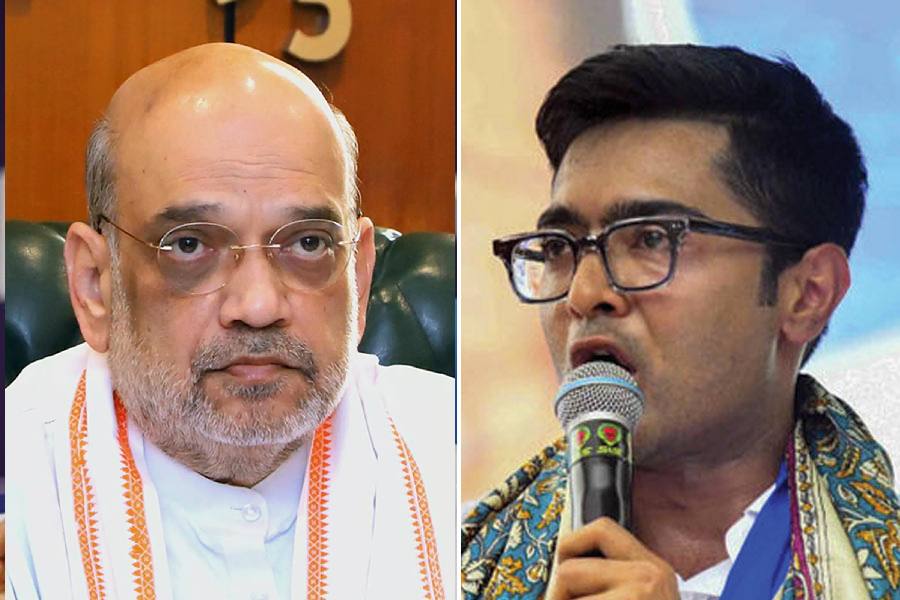Successive letters from the education ministry to Aligarh Muslim University about a proposed review of the law that governs it has raised fears that the government might be looking to strip the institution of the special powers it enjoys because of its minority background.
Last November, the ministry wrote to AMU, Banaras Hindu University and Delhi University seeking their opinions on a proposal for a "review of pre-Independence University Acts".
DU is learnt to have consented to a review of the DU Act of 1922 while BHU has set up a committee to prepare its response to the suggested review of the BHU Act of 1915.
AMU had, last November itself, sent its response disagreeing with the idea of a review of the AMU Act of 1920.
But the ministry issued another letter this month seeking the university’s opinion again on the proposed review, setting alarm bells ringing. AMU has set up a committee to prepare a response.
Some AMU teachers and alumni expressed fear that the proposed review was meant to withdraw AMU’s special powers through the legislative route at a time the government has opposed the continuance of the university’s minority status in a case being heard in the Supreme Court.
In 2016, then social justice minister Thaawar Chand Gehlot had demanded that AMU and the Jamia Millia Islamia be stripped of their minority status so they could be made to follow the government’s reservation policy in admissions.
In its reply to the ministry in November, AMU had underscored that the AMU Act had been amended from time to time according to the needs of the times. It had added that the institution’s minority character was pending before the courts, and the act contained no redundant provisions to be amended now.
"The government has not accepted AMU’s (initial) response and sent the same proposal again. It has not specified what provision is to be amended. The opacity is arousing suspicion that the minority character may be withdrawn," an AMU faculty member said.
Another faculty member, however, cautioned against any speculation and said the government might well be looking to review the law to add a few progressive provisions.
Mohammad Adeeb, an AMU alumnus, feared the BJP might be looking to create an issue over the university’s minority character that it can exploit during the 2024 general election to stoke communal passion.
“The (proposed) review of the law is part of the BJP’s political agenda,” he said.
An AMU official said the university provided up to 50 per cent reservation in undergraduate courses to students passing out of its constituent schools, and in postgraduate admissions to its own graduates.
Also, AMU has a significant say in the selection of its vice-chancellor, with its executive council and Court drawing up a shortlist from which the Visitor — the President of India — appoints one candidate. Other central universities’ VCs are short-listed by search panels set up by the education ministry.
AMU was born out of the Muhammadan Ango-Oriental College — set up in 1875 by philanthropist Syed Ahmed Khan, mainly to promote education among Muslims — through an act of Parliament in 1920.
After Independence, the AMU Act was amended to make religious teaching optional and remove the exclusive membership right for Muslims in the AMU Court.
In 1967, hearing a petition from Azeez Basha, the Supreme Court held that since AMU had been set up by an act of Parliament, it cannot be said to have been established by Muslims. It was, therefore, not a minority institution.
In 1981, the Indira Gandhi government brought in an amendment to restore the university’s minority status. But Allahabad High Court in2006 struck down the amendment. A challenge to the verdict is being heard in the apex court.
In a written reply to the Lok Sabha in November 2016, then minister of state for human resource development, Mahendra Nath Pandey, had said: “AMU is not following the reservation policy ofthe government considering itself to be a ‘minority institution’. The minority status of AMU is sub judice before the Hon’ble Supreme Court of India.”
An email sent to higher education secretary Sanjay Murthy, seeking his comments on the fears expressed about the government planning to scrap AMU’s special privileges, is yet to evoke an answer.











